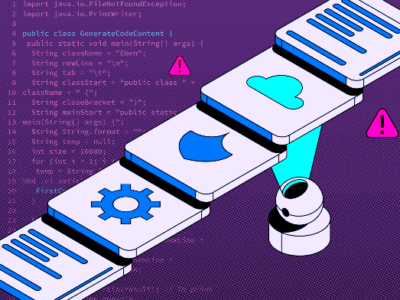World Password Day comes around every year on the first Thursday of May and is the perfect time to remind everyone about the importance of having a secure password for all online accounts.
Check Point® Software Technologies Ltd. (NASDAQ: CHKP), a leading global cybersecurity provider, is raising awareness of the most common mistakes made by users when creating and managing passwords, offering practical advice on how to keep private data protected.
RELATED: Email and passwords are most common knowledge gaps in cybersecurity, says Kaspersky
In 2022 the importance of having a strong password cannot be overstated, with the number of apps and services an individual uses growing by the day. Not to mention the fact that many businesses are now allowing their employees to connect to the corporate network on personal devices to offer higher flexibility. As a result, these devices act as a gateway, meaning that opportunistic hackers can take advantage of a vulnerable endpoint to steal both personal and professional confidential data stored on the broader company infrastructure.
“Every day, cybercriminals attempt to steal the passwords of hundreds of users, utilising techniques such as phishing emails to enable them to breach thousands of services and to steal credentials. While the methods continue to change, and the threats continue to evolve, there are still ways we can keep our data protected. By using World Password Day as an opportunity to reevaluate the strength of our passwords and to bolster up our cybersecurity efforts, individuals can deter cybercriminals from getting access to their information and their devices,” says Pankaj Bhula, Regional Director for Africa at Check Point Software.
Check Point Software provides the top five practices that should be applied when creating secure and robust passwords:
- Use a combination of characters: Having a password that is made up of simple phrases or of dates significant to the user’s personal life is very common practice. However, this habit seriously weakens a password as information such as birthdays can be easily found out by cybercriminals. To avoid this, always use a random sequence made up of a combination of different numbers, letters, and symbols for each platform.
- A different password for everything: With so many apps and services now requiring log-in details, it’s tempting to repeat the same single password for all of them, but this is a bad idea. Just as we do not have the same key to open our home, office or car, we shouldn’t use the same password as this only makes it easier for hackers to ‘open’ our entire digital life. If you find that it is difficult to remember them all, you can always employ the help of a password manager to help manage and generate different robust access codes.
- The longer, the stronger: It’s true that the longer a combination is, the harder it is to remember. But it is one of the best ways to keep information safe so make sure to use at least 8 digits to tighten up security levels.
- Make regular changes: Changing your password regularly may seem like an almost impossible challenge. However, this can be made easier by using the same basic pattern and adding different combinations from there. This way, it will be easier to remember and easier to change regularly.
- The two-factor authentication is your best friend: While taking all the above measures will certainly improve the effectiveness of a password, it is also essential to implement a two-factor authentication. New threats are constantly surfacing so, to ensure you’re completely protected, being made aware every time an attacker or unauthorised person wants to access your account will only improve your security.





























